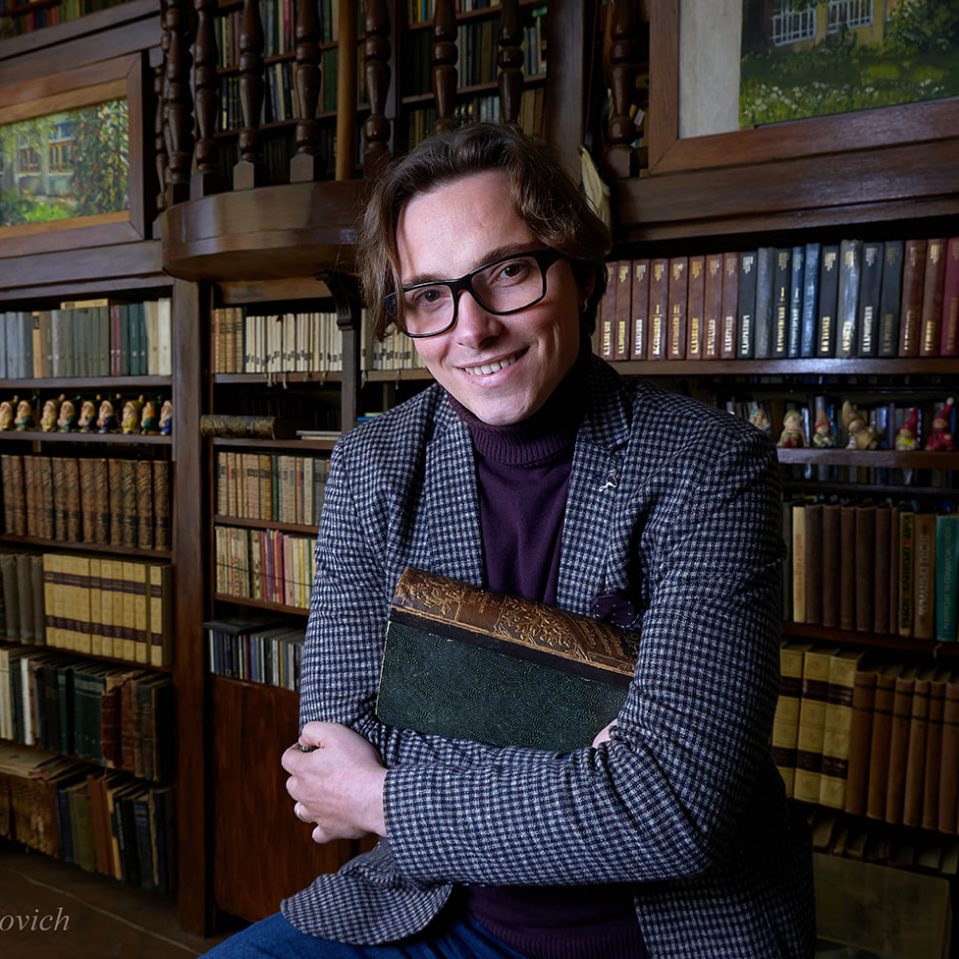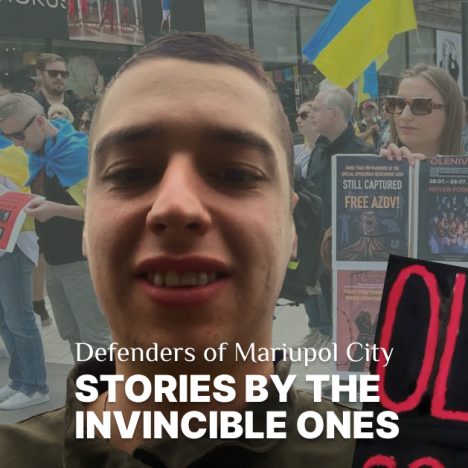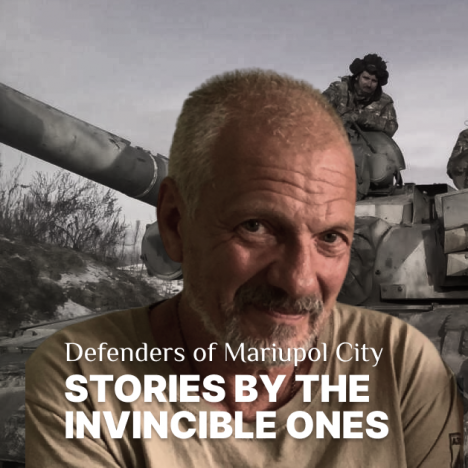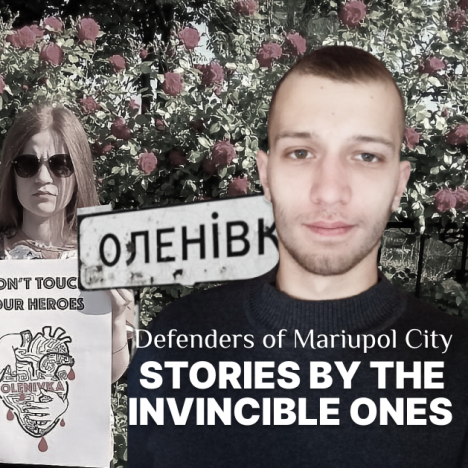How can one understand another nation? One would need to spend some time living there, reading its classic literature, visiting its shrines, sitting at a school desk, reading its history carefully, tasting its cuisine, traveling through its land. There is a somewhat easier way, though – to read books written by a person who has already done this.
The books of literary coverage genre may be most suitable for this purpose. They combine the preciosity and simplicity of narration with a thorough source bas and description of real life, encounters with the interesting locals, journeys and adventures. This is the so-called literary non-fiction, although this concept may sound as an oxymoron. Today I would like to share a few book tips with you about our neighbors. Some of them have already been sold out in bookstores across Ukraine. However, you can find them in libraries or on the internet.
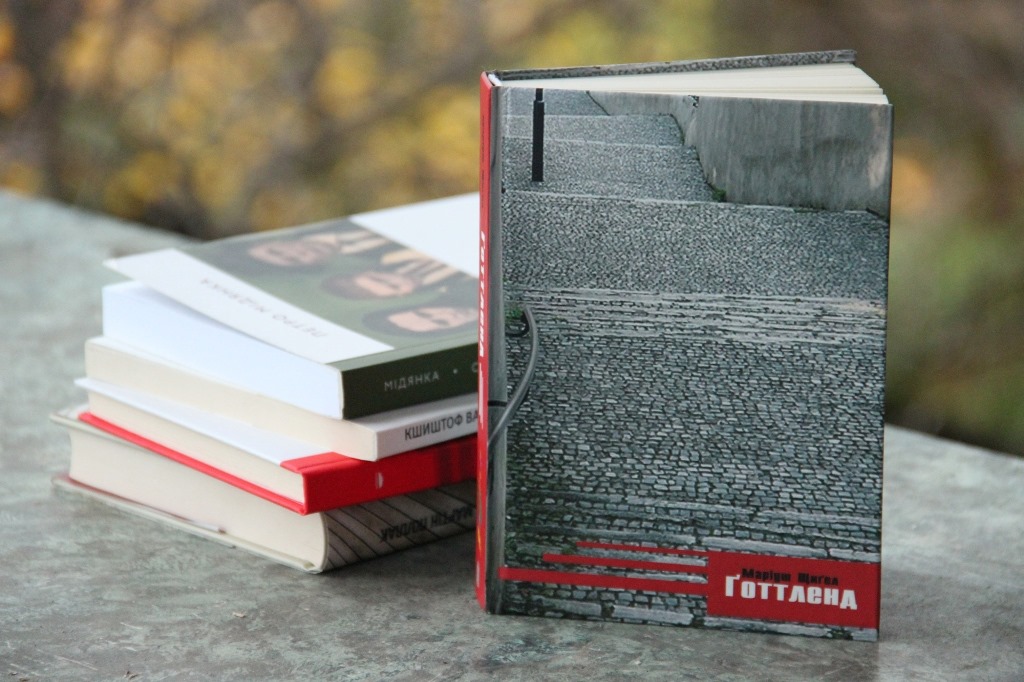
Mariusz Szczygieł’s ‘Gottland’
Mariusz Szczygieł has written a brilliant book about the Czech Republic, so much so that it is difficult to think of any European language into which this book has not been translated. The question arises, though, about why it is on my list as the Czech Republic does not border Ukraine? The thing is, although this country is not Ukraine’s neighbor, it still remains quite close to us. A hundred years ago Zakarpattia was part of Czechoslovakia. This period still lingers in our memory as ‘the golden age’. Close ties have not loosened to this day – it’s no coincidence that economic migrants from Zakarpattia mostly opt for the Czech Republic as the country of destination. The Czechs reciprocate by arguably being the largest foreign community visiting Zakarpattia in the capacity of tourists. Never mind the cult of Knödel offered to guests by Zakarpattian hosts.
Out of all books written in the report genre, I have come to like ‘Gottland’ the most, since its author has a knack for building a story as a page-turner mystery novel. In his book you will learn why most Czechs are atheists, where the biggest monument to Stalin has vanished (which used to be located in Prague), where the root of the Czech couldn’t-care-less attitude and pacifism lies and why the Czechs like laughing that much. The title of his book was inspired by the story of the most popular Czech superstar of the 20th century, Karel Gott, a story about collaboration and resistance to the Communist regime.
-
- Fascist Hungary, an ally of Hitler, declares war on the USA. A dialogue In the President Roosevelt’s office may have been held along the following lines:
Hungary’s ambassador: Your Excellency, Mr. President, I regret to inform you that Hungary has declared war on the USA today.
Roosevelt: Hungary? What’s that?
Hungary’s ambassador: It’s a kingdom, Mr. President
Roosevelt: Kingdom? Who is the king?
Hungary’s ambassador: We don’t have one, Mr. President.
Roosevelt: Who rules over this country, then?
Hungary’s ambassador: Miklós Horthy, the admiral.
Roosevelt: The admiral? Well, I guess we are in for another attack from a naval power!
Hungary’s ambassador: I don’t think so, Mr. President. Our country does not have an outlet to the sea, so we don’t have a fleet.
Roosevelt: So what’s the reason behind it? Do you have any territorial claims?
Hungary’s ambassador: No, Mr. President. We have no territorial claims in the USA. We do have those in Romania.
Roosevelt: So, are you also at war with Romania?
Hungary’s ambassador: No, Mr. President. Romania is our ally.
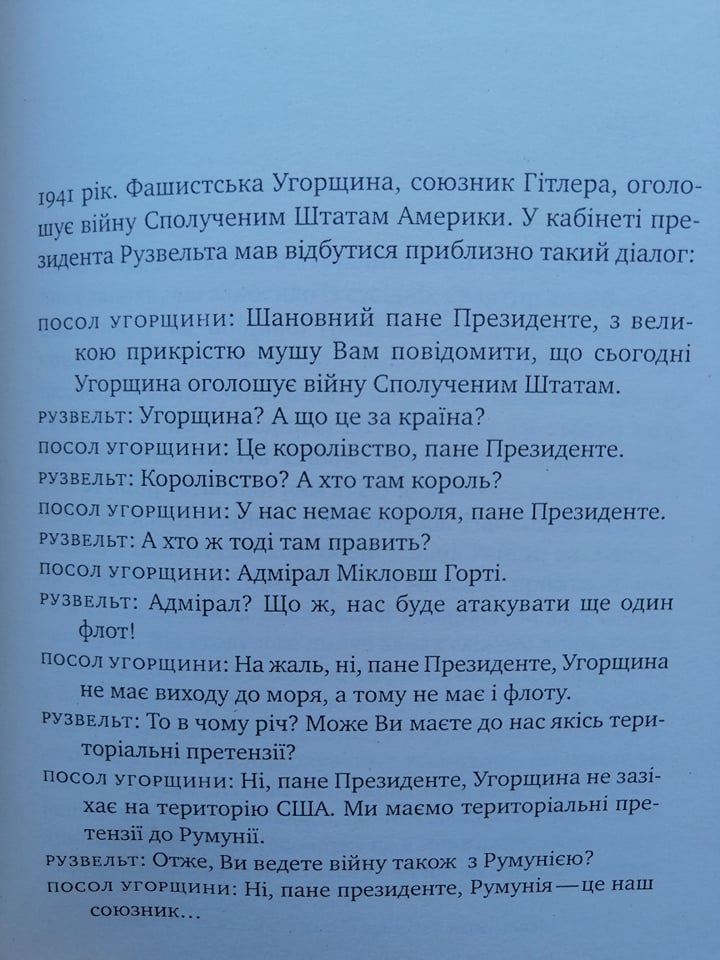
Krzysztof Varga ‘Goulash from Turul’
The famous Polish writer and journalist of ‘Gazeta Wyborcza’, Krzysztof Varga is of Hungarian origin (as one may infer from his last name), that is why he knows Hungary well and has been visiting the country during all his life. In the book he tells a story (with a sense of humor characteristic of him) about why the Hungarians feel so lonely in Europe, their attitude to the consequences of the Treaty of Trianon and the loss of the bigger part of their territories, about why they consider Tisza their most important river, what they like eating and with what they wash their food down.
The title of the book is quite provocative, since turul is a mythical Hungarian bird and a symbol of Hungarian statehood. However – perish the thought! – but the author does not resort to primitive manipulations or insults (this can be borne out by the fact that the book has been translated and published in Hungary). ‘Goulash from Turul’ is simply a literary metaphor. The author takes different ingredients of Hungarian mentality and prepares a delicious dish to be served to the reader. On a related note, his other books about Hungary are also emblematic – ‘Csárdás with a Mangalica’ and ‘Lángos in a Yurt’.
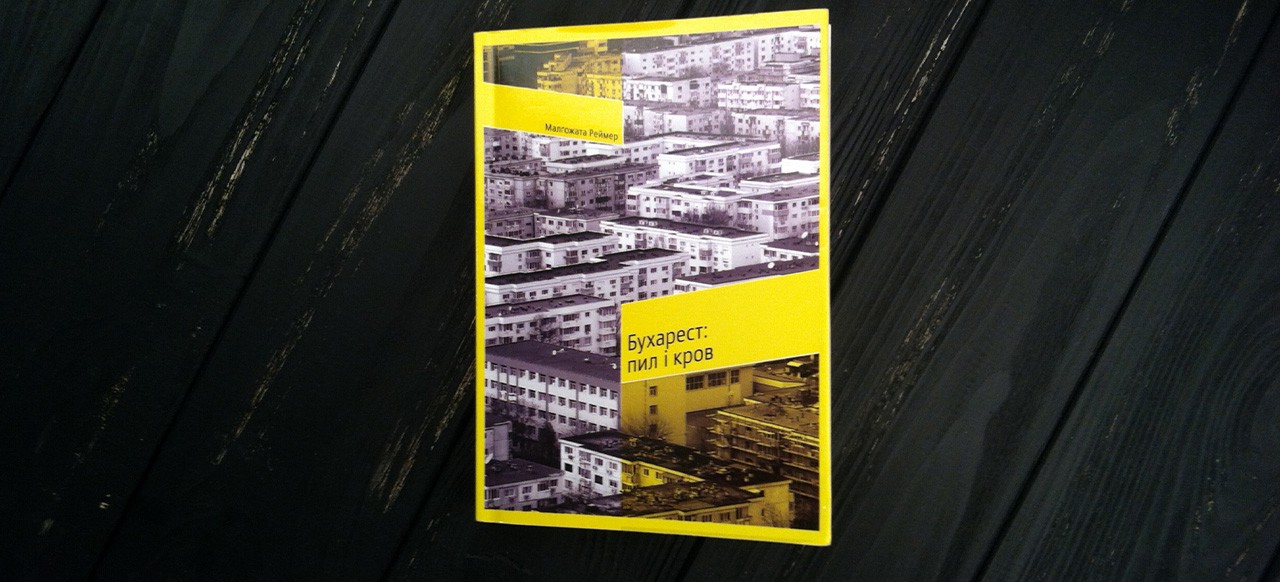
Małgorzata Rejmer ‘Bucharest: dust and blood’
Małgorzata Rejmer tells us a story about Romanians and Romania through the lens of their capital, Bucharest. A city that underwent a rapid development in the beginning of the 20th century thanks to ‘easy’ oil money and that was totally razed to the ground by the mad dictator Nicolae Ceaușescu in the second half of the same century.
Bucharest tried to emulate Paris (it is not for nothing that in the end a few Romanian key intellectuals and artists switched to French, the language that is a close relative of Romanian (think of a wonderful example of Emil Cioran!). However, it was meant to become one of the gloomy communist capital cities. The author of the book describes this city, where old churches still have inscriptions on their frescos done in Cyrillic (Romania switched to the Latin script at the turn of the 19th century). She tells us about the Romanian ingenuity when it comes to cursing and using swear words, about dogs (whose number in Bucharest amounted to hundreds of thousands at the beginning of the 2000s), about how painful the post-communist transformation was for many Romanians.
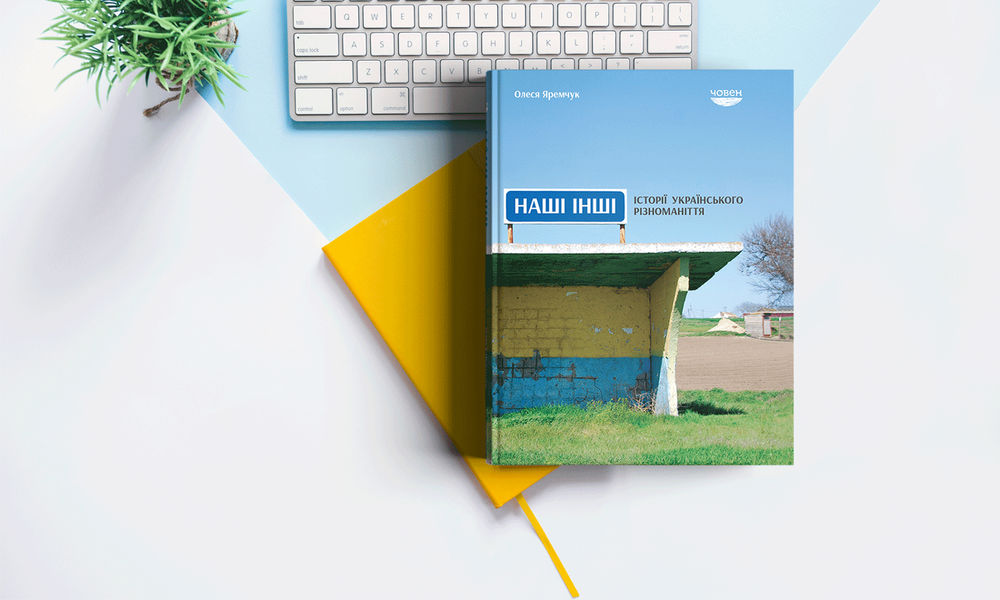
Olesia Yarymchuk ‘Our different people’
Whereas the three aforementioned authors are representatives of the renowned Polish school of journalist coverage, Olesia Yarymchuk may be considered as their students and follower. She conducted scientific research on journalist coverage as a genre, having (co)founded a Ukrainian coverage publishing house and written a few pieces herself. As a subject matter she chose to write not about our neighboring countries, but about those with whom we are building Ukraine together, i.e. our national minorities.
The author regards them not as part of statistical data (something like ‘Many nationalities live in Ukraine. There is such and such number of Romanians living here, such and such number of the Gagauz). She took the trouble to visit these people at their homes in provincial villages located in different regions in order to see for herself the conditions they live in. She wanted to see the extent to which their culture and their language have been preserved. She wanted to listen to their stories, since through a story of one person and their family one may show a panorama of the life of an entire national minority, an entire region, of Ukraine.
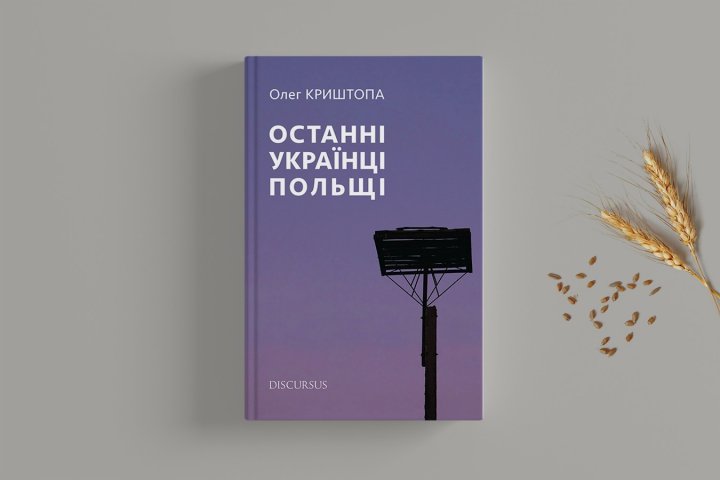
Oleh Kryshtopa ‘The last Ukrainians in Poland’
It’s common knowledge that about a million Ukrainian live and work in Poland. These are mostly immigrants of a new wave. However, a famous prosaist and a TV host, Oleh Kryshtopa, has written a book about ‘the last Ukrainian in Poland’. In the book he writes about the autochthonous Ukrainians who were born in their motherland, i.e. in the territory of Poland. This book is filled with suffering and pain, since the Ukrainians born in Poland suffered lots of repressions, oppression, violent uprooting and prosecutions. However, they managed to tough it out and remain Ukrainians. They are now going through a new period of establishing relations with the Polish people and Poland.
This book might be an interesting read not only in terms of learning more about the Ukrainians living abroad. It may open your eyes about what it takes to be a representative of a national minority, trying to preserve one’s identity despite all historical cataclysms. Through this lens we may get a different perspective on those national minorities living in Ukraine and understand (at least to some extent) their aspirations and needs. An English phrase that would best describe the book would be Depeche Mode’s ‘Try walking in my shoes’
Andriy Liubka, exclusively for InfoPost.Media
*** This text is the author’s column, which means it represents, first of all, the views of the author of the material, which may not coincide with the views of the InfoPost. We publish author’s columns, first and foremost, for the sake of discussion of important topics, since we believe in the power of public dialogue. Should you want to write an author’s column for us, email us at editor.infopost@gmail.com

